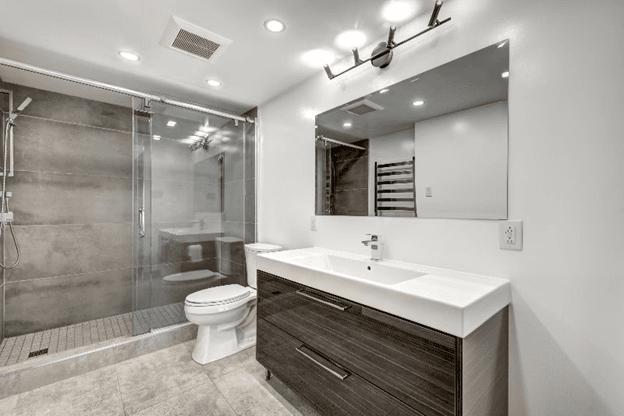Moving is often a stressful endeavor for individuals and families. Whether you're going to a new city or suburb for work or to simply try something new, the first big item on your checklist is to find a new residence. While you may be able to get away with couchsurfing if you're fresh out of college, that's certainly not an option if you have a family.
You also can't just choose any place to live. If you've decided to go-ahead with moving, create a checklist of certain preferences and priorities to help you find a neighborhood, and within that area, the perfect house or apartment.
City or suburb?
Not every neighborhood is built the same. Cities are vastly different than their suburban and rural counterparts. First decide what type of lifestyle you want. In all likelihood, that will be an urban area. According to the 2010 U.S. Census, 80.7 percent of the population lived in urban areas.
Within this classification are subsectors that include cities and suburbs. Cities are divided into distinct neighborhoods, and a large majority of residents can walk to the grocery store or explore the busy downtown district. If you want some more space, the suburbs are also an option. Keep in mind however, you'll likely have to drive more while living in a suburb.
Which neighborhood?
Next on your checklist is the neighborhood to move to. Recent college graduates and individuals will probably want to live in neighborhoods beaming with activities, coffee shops, restaurants and retailers. Space will likely be a bit of a luxury.
On the other hand, families have to take many factors into consideration when choosing a neighborhood or suburb. One of the most important is the school district. Cities and suburbs generally have a mix of public schools and private. Parents can narrow their decision by combing over provided by Niche.
You'll also want to look at the surrounding area. For example, you surely don't want to move next door to a factory or empty lots. Individuals purchasing their first home likely want to be near social spots, whereas families prefer to live next to other families. According to Zillow, it's worth checking out the zoning on your property. It is not out of the ordinary to tear down a house, only to build a giant rental property in its place.
Families should not be discouraged from moving to a city because a lot of factors are ideal for raising children.
Can you afford it?
The housing market crash and subsequent economic downturn occurred in part because families and individuals were buying homes they simply could not afford. Do not make this same mistake. Set realistic expectations when you're looking for a house in a new city.
The neighborhood you choose will have an impact on housing costs, as desired neighborhoods will be more expensive. You may find it appealing to purchase a cheaper house, fix it up and later sell it to use that money for a different home.
Keep in mind affordability does not only cover the asking price of a home. You also have to factor in maintenance, insurance, utilities and a home inspection. You don't want to walk into any surprises, after all.
As 2016 quickly approaches, families and individuals are likely gearing up for a spring or summer move. One of the most important steps is to find a neighborhood to live in. Thorough research will help identify key factors to ensure you move to an ideal city or suburb.
Get the Latest Insights!
Sign up to stay up to date with latest tips, trends and updates from WIN.












